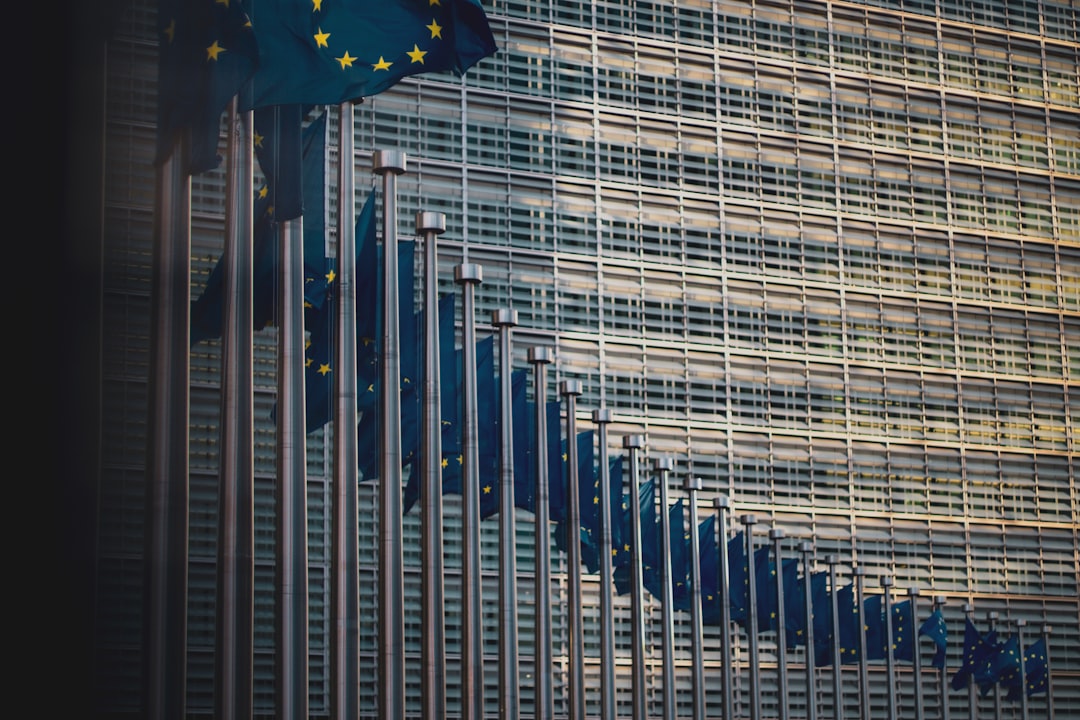Europe: A Guide
Austrians will go to the polls on June 9 to choose its 20 members of the European Parliament. Who is running? and what do they stand for?

Servus!
Elections for Austria’s 20 seats in the European Parliament will take place a little under two months from now on June 9. If you’re eligible to vote and you’re reading this newsletter, perhaps you’re starting to think about who you might vote for—especially if you’re voting from overseas. Therefore, I wanted to use this edition to give you an overview of where Austria’s main parties stand on Europe so you feel more informed going into June’s vote.
European elections in Austria are conducted according to a system of proportional representation. Parties that receive over 4 percent of the vote are allocated seats in the European Parliament according to their vote share. Voters vote for one party. They also have the option of indicating their support for one candidate on that party’s electoral list by writing in their name. This option is called a Vorzugsstimme, and if a candidate receives enough of them, it may result in them receiving a seat in parliament.
The last European elections were held in 2019 and were won by the conservative People’s Party (ÖVP), who received 34.6 percent of the vote and 7 seats in the European Parliament. They were followed by the center-left Social Democratic Party (SPÖ) with 23.9 percent and 5 seats, the far-right Freedom Party (FPÖ) with 17.2 percent and 3 seats, the Greens with 14.0 percent and 2 seats, and the liberal NEOS with 8.4 percent and 1 seat1. That election took place in the context of the Ibiza affair, mere days after then-chancellor Sebastian Kurz had blown up his coalition with the FPÖ and called snap elections. The result also signaled the start of the Greens’ political comeback.
This time around, the most recent poll conducted by Market and published by the Standard indicates that the FPÖ will likely win the European elections, although the race is tighter than expected if compared to current polling for Austria’s forthcoming parliamentary elections. The far-right are presently out in front with 27 percent of public support, ahead of ÖVP on 24 percent, SPÖ on 23 percent, NEOS on 12 percent, and Greens on 11 percent. It’s all to play for and every vote counts.
Thank you for subscribing to the Vienna Briefing. Every recommendation helps, so if you know someone who might be interested in reading this newsletter, consider sharing it with them today.
The Vienna Briefing is a reader-supported publication made possible by your donations. If you would like to contribute to my work, think about sending me a tip.
The ÖVP is a pro-European party that has become more Eurosceptic in recent years. The party wants to ‘make Europe better’ and represent Austrian national interests in the EU. Its lead candidate, Reinhold Lopatka, supports expanding the Erasmus academic exchange program, strengthening Europe’s security architecture, and deregulating and decentralizing the European common market. The ÖVP has opposed expansion of the European common travel area to include Bulgaria and Romania.
The SPÖ is also part of the pro-European consensus. The party supports a ‘Europe of the people’—one that is fairer, more sustainable, and more socially-orientated. In Brussels, the SPÖ has focused on strengthening Europe’s tax code to eliminate tax avoidance by large corporations, improving workers’ rights and conditions, and issues pertaining to democracy and the rule of law including in EU candidate countries like Serbia.
The FPÖ is Austria’s most anti-European political party. It views Europe as a union of free peoples and independent nations and supports returning power from Brussels to the member states. Further, it opposes a common European foreign and security policy as a threat to Austrian neutrality. In the past, the party has supported Austria leaving the EU.
The Greens, once opposed to Austrian membership of the EU, are today pro-European. They support a more socially- and ecologically minded Europe and believe the EU should have a central role in the fight against climate change, with the European Green Deal being the first step in that direction. They also believe the EU should be more democratic and back strengthening the role of the European Parliament. The Greens are skeptical about the benefit of free trade agreements like TTIP, arguing they undermine European labor and sustainability standards.
The NEOS are Austria’s most pro-European political party. They support greater federalism, which they call a ‘United States of Europe’ with a common foreign, security, and defense policy including a European army and a more powerful European Parliament and transparent and democratic European Commission. They also back more ways for European citizens to participate in the European democratic process. As an economically liberal party, the NEOS support debt reduction and deregulation of the European single market.
You can find more information about the European election at europawahl[dot]eu.
Bis bald!
The Vienna Briefing will return on May 15.
In 2019, Austria only had 18 seats in the European Parliament. After Brexit, the number of seats in the parliament were cut from 751 and 720. The seats were then reapportioned, resulting in Austria gaining two seats.



